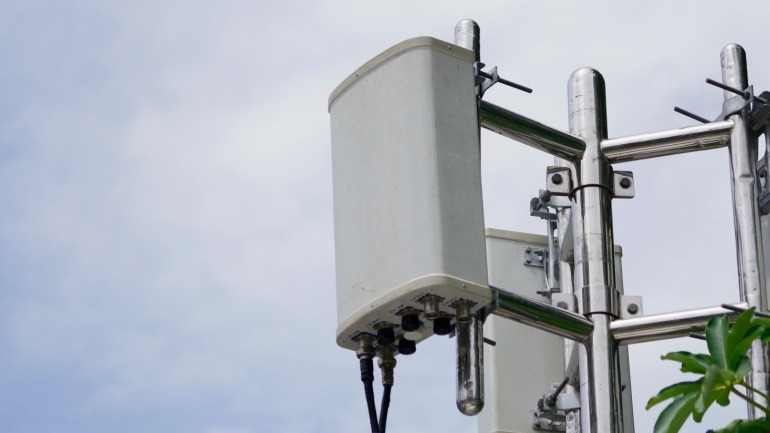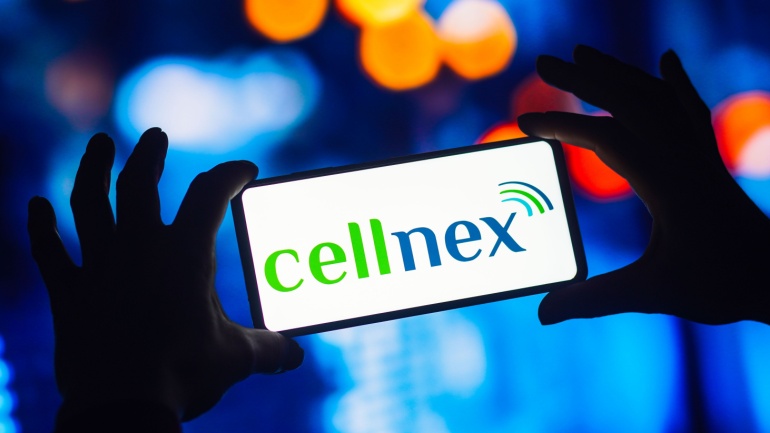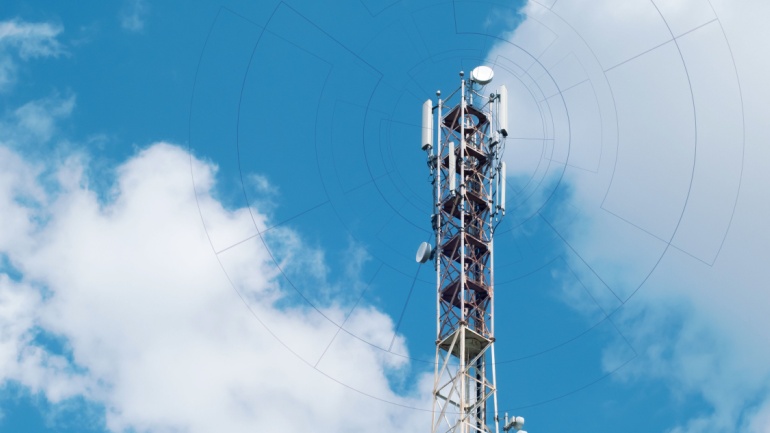AT&T’s acquisition of over $1 billion spectrum from UScellular enhances its network capabilities alongside T-Mobile and Verizon, marking a significant shift in the telecom landscape. With UScellular retaining crucial assets, the move aligns with evolving industry trends, focusing on infrastructure and Fixed Wireless Access services.
Virgin Media O2 has made groundbreaking progress by deploying 5G standalone small cells in Birmingham. This state-of-the-art VoIP-ready technology promises enhanced mobile connectivity, achieving internet speeds up to 300Mbps.
UScellular is selling $1 billion worth of spectrum to Verizon as part of its shift towards becoming an infrastructure-focused company. This sale accompanies a $4.4 billion acquisition of its wireless operations by T-Mobile.
As the Federal Communications Commission evaluates T-Mobile US’s proposed acquisition of UScellular. This merger promises to reshape the VoIP landscape by combining resources to tackle fierce competition. By leveraging UScellular’s spectrum and infrastructure, T-Mobile aims to enhance its VoIP offerings, transforming market dynamics.
Deutsche Telekom and Deutsche Bahn have accelerated their efforts to enhance railway connectivity, realizing ambitious goals two years early. By deploying over 470 new mobile towers and upgrading 1,900 sites, 99% of Germany’s primary rail routes now boast mobile speeds of at least 200 Mbps, with substantial improvements across secondary routes.
Starlink’s temporary FCC approval for direct-to-device services highlights the vital role of VoIP technology during emergencies. By partnering with T-Mobile, Starlink enables emergency alerts via satellite in hurricane-stricken North Carolina, offering free internet for 30 days.
Verizon has entered a $3.3 billion leaseback agreement with Vertical Bridge, impacting over 6,300 towers across the U.S. This marks one of the largest tower transactions in a decade. Verizon retains tower ownership while Vertical Bridge manages operation, enhancing their existing portfolio and bolstering U.S. wireless infrastructure.
Indian operator Bharti Airtel has significantly expanded its 5G network to encompass 140,000 villages across India. This initiative highlights Airtel’s commitment to enhancing digital connectivity in rural areas. Already covering 800,000 villages with its 4G network, Airtel’s expansion accelerates their mission of providing high-speed internet across India, supported by both 4G and 5G technologies.
Cellnex is nearing the sale of its Austrian operations, with multiple offers on the table and advanced negotiations underway. This news, alongside strong first-half financial results, boosted investor confidence despite a net loss of €418 million. The sale is part of Cellnex’s strategy to divest non-core assets and focus on debt reduction and organic growth, resulting in improved revenues and reduced net debt.
This week, reports indicate that Verizon is considering selling up to 6,000 telecom towers across the US. This potential $3 billion sale aligns with a broader industry trend where telecom giants divest tower portfolios. For VoIP providers, this could mean enhanced infrastructure for better service delivery.













